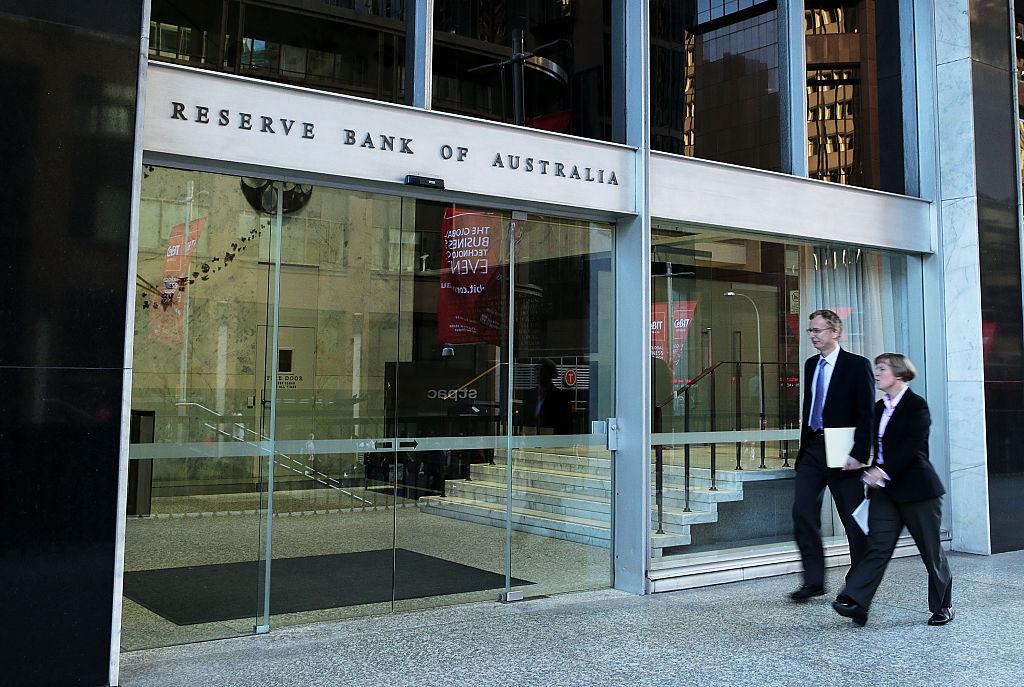The Reserve Bank of Australia (RBA) has warned banks not to let lending standards fall as the financial sector could be shaken from any debt blow out under a housing price correction.
In its biannual financial stability review (pdf), the central bank stressed the importance of the financial sector avoiding excessive risk-taking in the form of looser lending standards or relaxation of internal limits.





